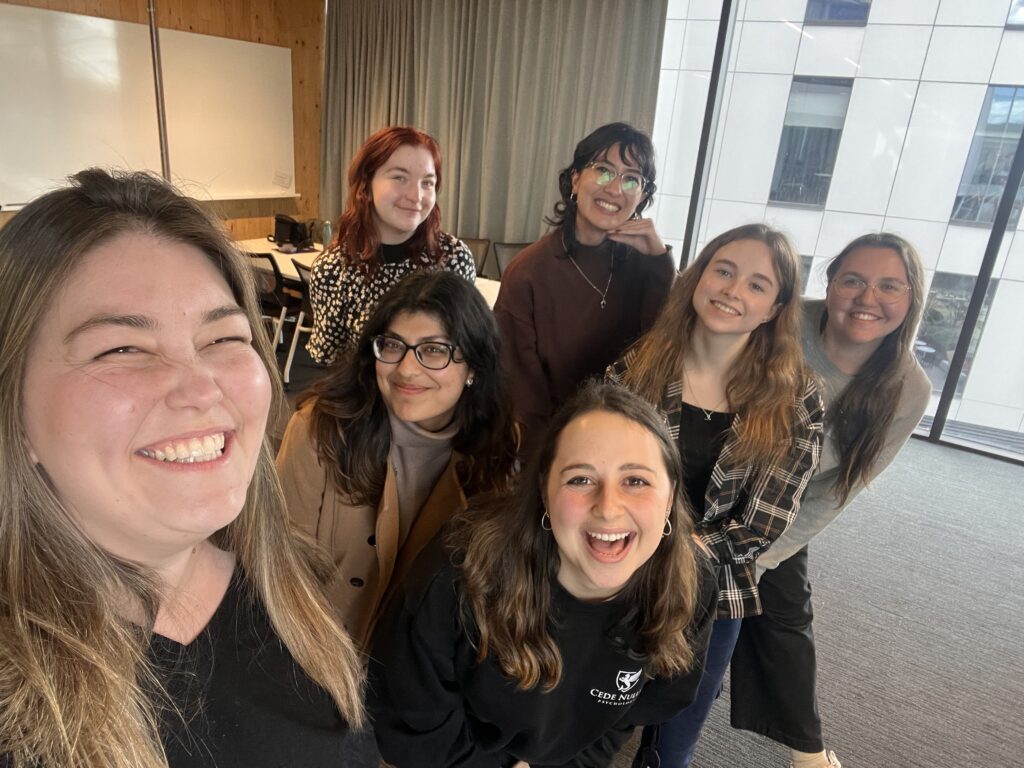In one session, the Speaker of the House, Milton Dick MP, asked the room who would be interested in running for office. Looking around, I noticed a trend.
Despite hands shooting up across the room, not a single one belonged to a young woman.
As someone who’s worked to get more young women and gender-diverse people into politics for nearly eight years, this didn’t surprise me. Similarly, I was disappointed but not surprised when Mr Speaker shared this was the response he received whenever he posed this question.
It’s no secret— young women and gender-diverse people often feel sidelined in Australian politics. The reasons for this are known yet side-lined: a lack of representation, low political literacy, a real and perceived lack of safety, feeling unheard. This is understandable and valid, but compounds the myth that young people are apathetic. After all, who hasn’t heard that the next generation are lazy, and disengaged?
For far too long, Australia has overlooked the power of young women and gender-diverse people and now, in 2025, we simply can’t afford to continue this unfortunate trend.
Young people have time and time again been on the forefront of political and social movements. We’ve seen this here in Australia, with young women leading critical work around consent and consent education. Organisations such as Teach Us Consent and What Were You Wearing, movements such as Make it 16 to lower the voting age, advocacy for a Duty of Care Bill, and the young people who’ve responded to Greta Thunberg’s call to action, driving the School Strike for Climate, are all perfect examples. These communities are politically engaged, they’re active, they have views about their future, and they’re creating that future. They’re not the leaders of tomorrow. They’re here, today – leading and shaping Australia’s reality.
This election year, Raise Our Voice Australia is inviting you to amplify the voices and concerns of young women and gender-diverse people aged 13-17 who cannot vote. These are voices we cannot simply afford to ignore any longer.
Young women and gender diverse people are the biggest stakeholders in the future of this country. Yet, with only five federal politicians under 35 — just two of them women — this group remains severely underrepresented in formal politics.
Since 2021, Raise Our Voice Australia has gathered submissions from thousands of young Australians, spotlighting their top priorities for the future. Year after year, their top priorities remain unchanged and unmet: bold climate action, equitable education, greater inclusion for women, culturally and racially marginalised communities, the LGBTQIA+ community, and improved urban planning. These priorities don’t just reflect wishful thinking, they reflect lived experiences and a deep understanding of what’s needed for a fairer, more inclusive future.
Their other top priority? To be listened to.

This election, as with all previous elections, we will be asked to vote for the future we want. We’ll choose the topics we want to prioritise, and will be asked to consider how to drive change, and create our future.
While 13-17 year olds are engaged in this change, they won’t be able to vote in this election. They may not be able to vote in the next one either. They’ll continue to have no say in shaping the change they champion.
This election is a pivotal moment. We have an opportunity to distinguish ourselves from the turmoil in the US and prioritise social harmony. Politicians often speak about the next generation, but rarely listen to them. If leaders truly care about the future, they must engage with and act on the priorities of those inheriting it. And as voters, we have a role in this too: This election, take the time to engage with the young people in your life. Ask them what they want for their future. Talk to them about the election, the decision you’re making, and the solutions to the problems they care about. And if you don’t have a young person in your life, check out our platform and see what they have to say.
So, use your vote wisely because it’s time we listened.
And to all young women and gender-diverse youth who feel unheard: your voice matters. You matter.
To voters and politicians: listen. Engage with this campaign. Because when young people lead, Australia wins.
Together, we can create a future that works for everyone. Forfeit your vote for the next generation.
____
Named a “youthful visionary” by Forbes, Ashleigh Streeter-Jones has dedicated over a decade to closing societal gaps. Her work focuses on gender equality and youth leadership, for which she has been recognised as a Forbes 30 Under 30 and a finalist for Victorian Young Australian of the Year. She has spoken alongside leaders such as US Secretary of State Anthony Blinken and former Prime Minister Julia Gillard, and has written for domestic and overseas publications, including the IMF.
She is the founder and CEO of Raise Our Voice Australia, mobilising young women and gender diverse people in policy and politics. Ashleigh’s influence extends globally, from the United Nations to the World Economic Forum, where she serves as Pacific Community Champion for the Global Shapers Community.
Raise Our Voice Australia is a volunteer-led social enterprise that mobilises young women and gender-diverse people to transform policy and politics through campaigns, research, and training. ROVA amplifies youth participation in politics and democracy by inviting discussion on issues important to youth and addressing the changes needed to tackle existing barriers innovatively. You can find more information on the Forfeit campaign here.
Top photo source: Supplied

